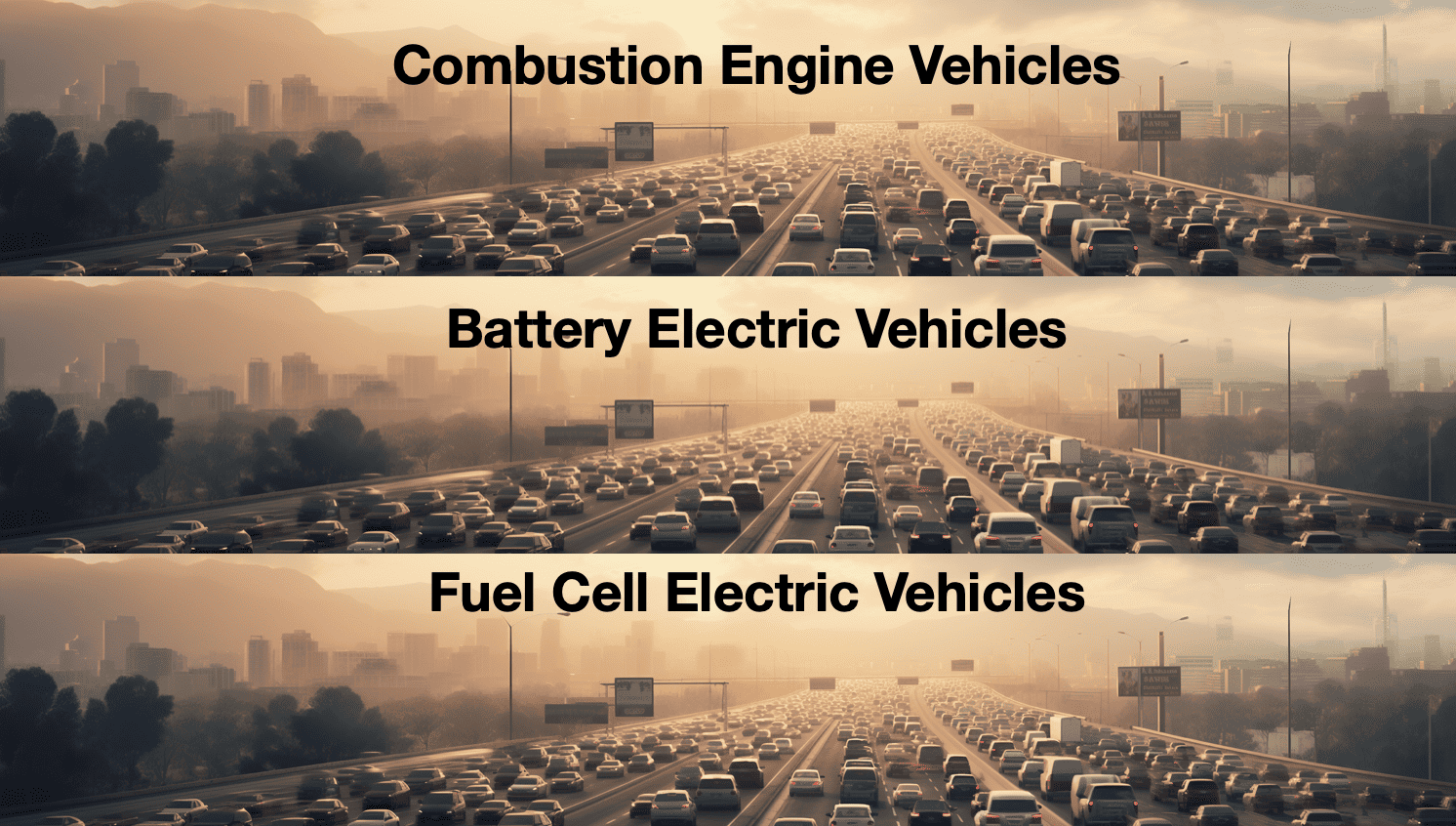
When I started e-engine.de with a friend in 2019, our credo was that we believed in electromobility. According to the Federal Motor Transport Authority (KBA), 4,648 electric cars were sold in Germany in January 2019. The most successful model was the Renault ZOE, which sold 799 units.
Since then, electric mobility has come a long way in Germany. In 2023, a total of 524,219 all-electric vehicles were registered, with 1.409 million electric vehicles on the reporting date of January 1, 2024. That’s 2.9% of all around 49 million registered cars.
So everything is fine?
Since December 2023, however, doubts have been growing as to whether German economic, energy and transport policy can actually be healthy for electromobility. As is well known, Economics and Climate Minister Robert Habeck announced the end of state subsidies for the electric transition this month due to tight budgets.
The first quarter was disastrous
After a mild January, the first quarter of 2024 turned out to be extremely disastrous. In 2023, 94,736 electric vehicles were sold in Q1, but now only 81,337 vehicles were sold. The decline could have been even greater if almost all OEMs and manufacturers had not tried to stabilize the market with “environmental bonuses” and price reductions.
The outlook is gloomy
However, according to car expert Ferdinand Dudenhöffer, these “environmental bonuses” will expire in the next few weeks. In addition, manufacturers are focusing on expensive cars in the 45,000 to 60,000 euro range due to the poor planning security provided by the German government.
This was not a problem in the past, as the promise of high residual values and considerable environmental bonuses would have put the purchase prices into perspective. But here, too, erosion has set in.
The used vehicle market is at rock bottom
In theory, the used vehicle market is currently extremely buyer-friendly. Due to the high discounts, the residual values of electric vehicles purchased between 2021 and 2023 have also fallen – more dramatically than those of combustion engines.
This and the lack of affordable electric vehicles with acceptable ranges are leading to a reluctance to buy and an increased shift towards PHEVs or even pure combustion engines.

Electric fans conjure up the market
The electric bubble is in denial. There is talk of concerted action by the oil industry, OEMs, press and media against electric mobility. Others do not see a long-term slump and believe that the dip in sales is only short-lived.
The fact is, however, that no sane person is still talking about the 15 million electric cars by January 1, 2030.
Politics has damaged electromobility
Ultimately, politics has caused the market to stagnate (for the time being). Some are already talking about a resurgence of the combustion engine. A piquant fact: the combustion engine has never gone away anyway, because the 2.9% market share of electric cars is nothing more than a niche.
Do I still believe in electromobility?
What did Churchill once say about the Americans? “You can always count on the Americans to do the right thing after they’ve tried everything else.” You could also apply this bon mot to German economic and energy policy.
However, I now believe that doing the right thing will take much longer in Germany. I therefore have great doubts, at least in the medium term.








